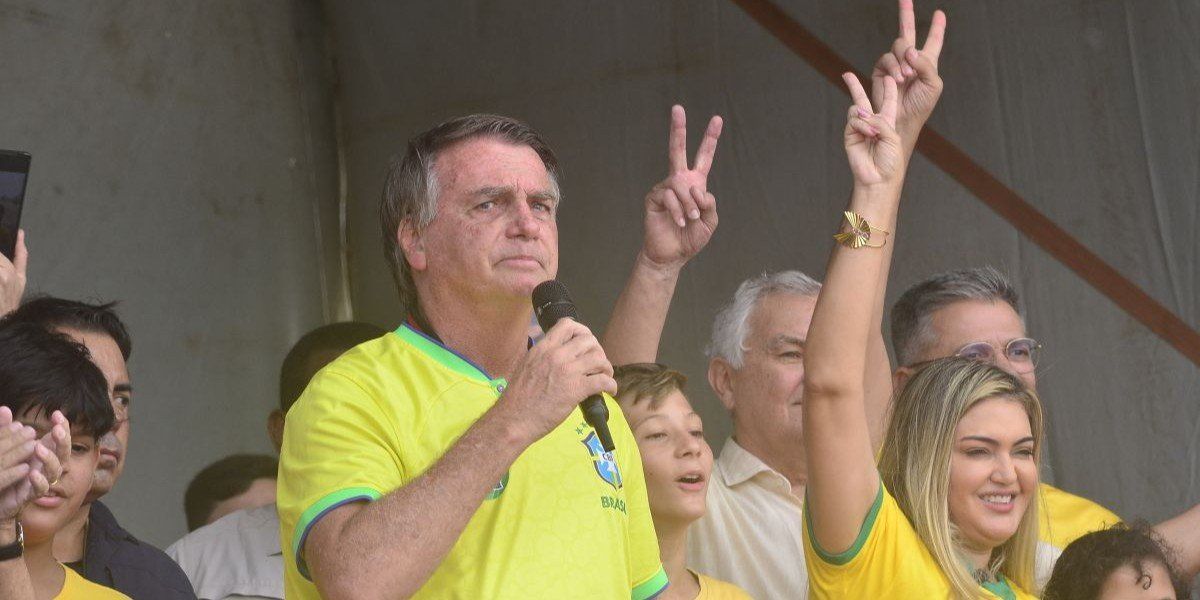Brazil’s Supreme Court has convicted former President Jair Bolsonaro of plotting a coup to stay in power after losing the 2022 election — a historic first in a country that’s lived through 15 coups.
Four of the court’s five justices voted to find Bolsonaro and seven allies, including his running mate and top military officials, guilty of conspiring to overturn the result and hatching a plan to kill their opponent, current president Luiz Inácio Lula da Silva. Bolsonaro, who had already been banned from seeking public office again, has been sentenced to a 27-year prison sentence. He is expected to appeal.
How we got here. Bolsonaro, a former army captain far-right firebrand who was elected president in 2018, spent the 2022 re-election campaign spreading claims of election fraud that were disproven by official investigations. After losing to his leftwing nemesis Lula, his supporters stormed Brazil’s Congress, Supreme Court, and presidential palace on Jan. 8, 2023, demanding the military step in and overturn the results.
In recent weeks, the US has put pressure on Brazil over the trial. Bolsonaro is a close ally – and stylistic emulator – of US president Donald Trump, who has publicly pressured Lula to force the court to drop the charges, threatening high tariffs, sanctions on court justices, and other punitive measures on Latin America’s largest economy.
Those attacks have seemingly backfired – boosting the popularity of the aging and unpopular Lula, who has styled himself as a defender of Brazilian honor and sovereignty. The court justices, meanwhile, appear not to have been swayed by American pressure.
But Bolsonaro’s movement isn’t going away. Eurasia Group Brazil expert Silvio Cascione warns this is not the “turning of the page” many of Bolsonaro’s opponents may hope for. The ruling “crystallizes Brazil’s deep polarization rather than resolving it,” he said. Public opinion is split almost evenly: 43% say the trial was unfair, 51% back the conviction.
“The real concern isn't massive street protests,” Cascione says, “but rather the continued erosion of institutional trust that's been poisoning Brazilian politics for years. Courts, media, and political parties all suffer from a credibility deficit.”
Bolsonaro is still the kingmaker of the Brazilian right. Polls still show he’d be the strongest challenger to Lula in next year’s presidential election, so his endorsement could still shape the race. São Paulo Governor Tarcísio de Freitas has already emerged as a top heir to Bolsonaro’s movement, courting the former president’s base and floating an amnesty bill in Congress.
The conviction is set to roil relations with Washington. US Secretary of State Marco Rubio called the ruling a “witch hunt” and signaled possible retaliation, including sanctions on the justices who voted to convict.
If so, Brazil is unlikely to hit back directly, as an actual trade war with the world’s largest economy – and a major source of investment – could get ugly fast.
But tensions with Washington could still have a political upside for Lula. “In what promises to be a highly competitive race,” says Cascione, “playing the victim of American bullying could actually help Lula
